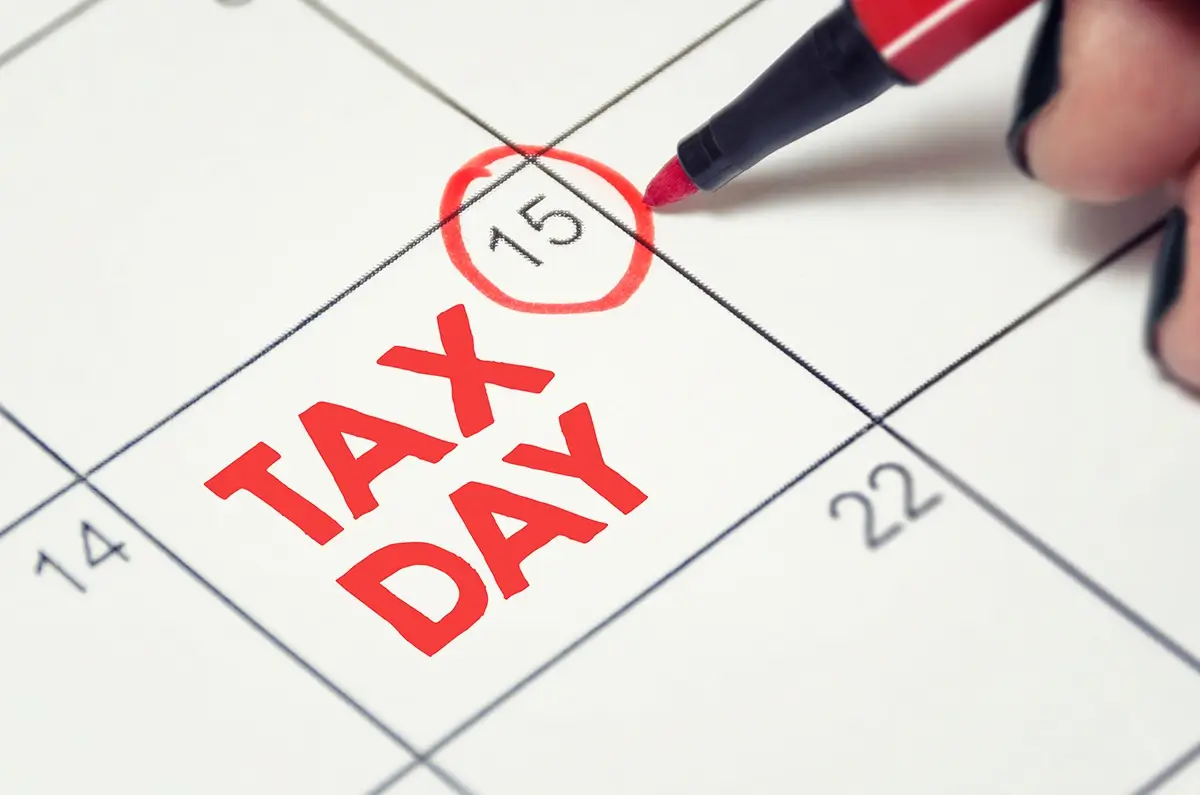Taxes are due soon! Don’t wait until the last minute and risk losing out on valuable deductions or making costly errors. Whether you’re filing personal taxes or business taxes, being proactive can save you time, money, and stress. Proper preparation ensures you meet all filing deadlines, take advantage of eligible tax breaks, and avoid unnecessary penalties.
How to Prepare for Tax Day
Tax Day is April 15th, which means time is running out. The best way to prepare is to consult with a professional tax planner who can help organize your finances and maximize deductions. However, there are several steps you can take to streamline the process:
- Gather Your Documents – Ensure you have all necessary forms, including W-2s, 1099s, expense records, and receipts for deductions.
- Review Last Year’s Return – Looking at your previous return can provide insight into deductions and credits you may qualify for this year.
- Maximize Deductions – Consider contributions to retirement accounts, charitable donations, and other tax-saving strategies.
- Utilize Tax Software or a CPA – If your taxes are simple, software can guide you through the process, but if you own a business or have complex finances, a CPA is invaluable. Intentional Accounting offers professional CPA services to help your business save money.
- File Early – Filing early helps prevent fraud and ensures you receive your refund sooner if you are owed one.
- Pay Any Taxes Owed – If you owe money, arrange payment before the deadline to avoid interest and penalties.
Business vs. Personal Taxes
Understanding the differences between business and personal taxes is crucial for ensuring compliance and maximizing deductions.
Personal Taxes
For individuals, taxes are based on income earned throughout the year. This includes wages, freelance work, investments, and other sources of taxable income. The key components of personal tax filing include:
- Standard Deduction vs. Itemized Deductions – Choosing between the two can impact your taxable income and potential refund.
- Tax Credits – Look for education credits, child tax credits, and energy-efficient home improvement credits.
- Retirement Contributions – Contributions to IRAs and 401(k) plans can reduce taxable income.
Business Taxes
Business owners have additional considerations, including:
- Business Structure – Whether you operate as a sole proprietor, LLC, or corporation affects how you file taxes.
- Deductions – Expenses such as office supplies, travel, and employee salaries may be deductible.
- Quarterly Tax Payments – Many businesses must pay estimated taxes throughout the year to avoid penalties.
- Depreciation – Assets like equipment and property may be written off over time.
Contact an Intentional Accounting Today
Taxes can be complicated, but you don’t have to navigate them alone. Intentional Accounting can help ensure accuracy, maximize savings, and keep you compliant with IRS regulations. Whether you need help with personal or business taxes, don’t wait until the last minute. Contact us today to get expert tax assistance!










